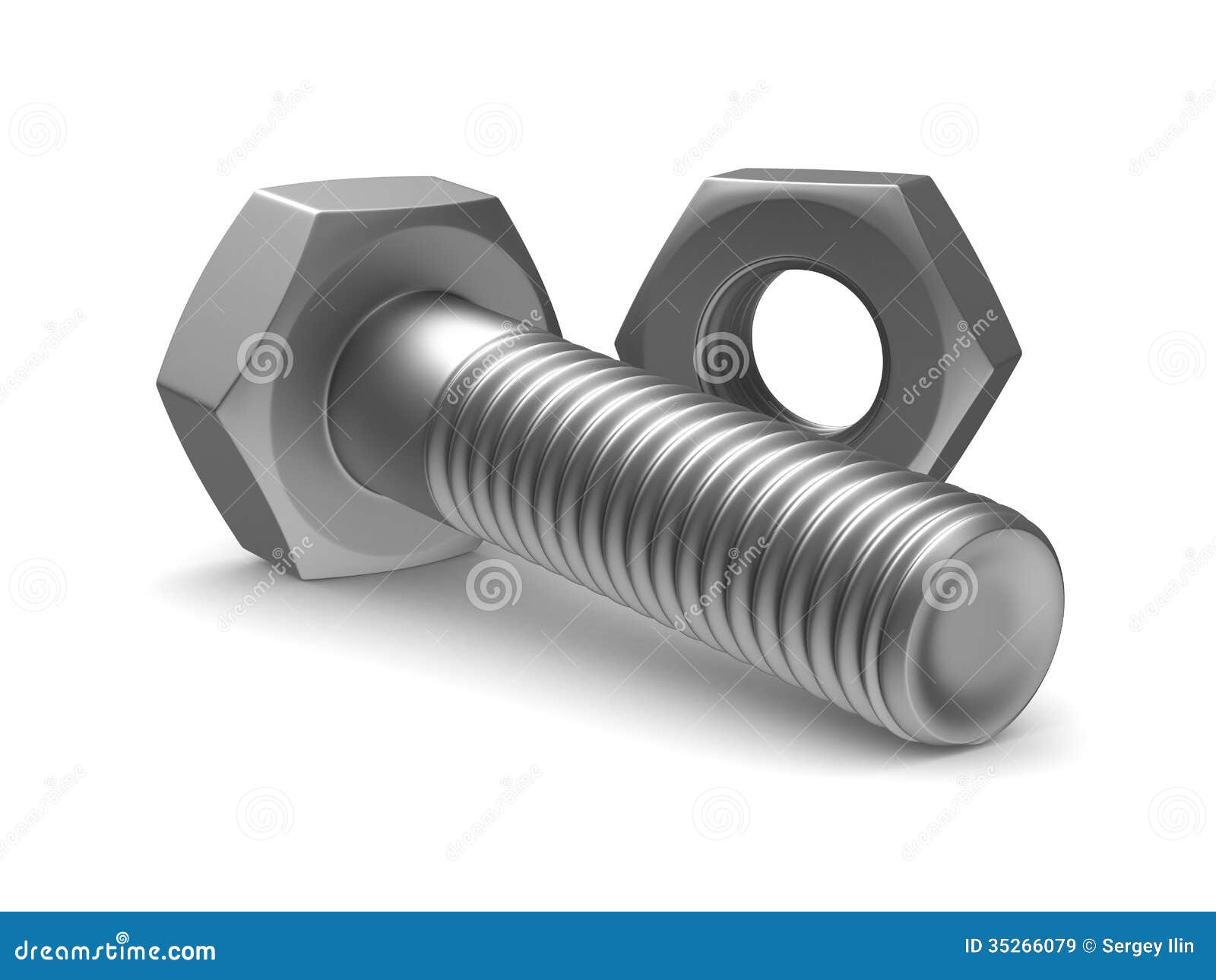When you delve into initiating any DIY project, regardless of whether it's a straightforward home fix and a complex construction task, grasping the right fasteners to use can be a game changer. Fasteners like nuts and bolts may appear insignificant, but they play an essential part in guaranteeing the strength and durability of your work. With so many types available, it's essential to know the specifics to choose the right ones for your needs.
The following guide aims to demystify the world of nuts and bolts, delivering information into different types, how they are used, and the substances they are made of. Ranging from robust building endeavors to car maintenance, we will cover all you need to understand about selecting the perfect fasteners. We'll break down specialized terminology and examine the characteristics that make specific fasteners suitable for various situations. Whether you are a seasoned DIY enthusiast or a beginner, this comprehensive resource will help you choose wisely for your projects.
Understanding Nuts and Bolts
Nuts and bolts constitute the foundation of countless endeavors, acting as essential fasteners that hold various components together. At their essence, a screw is a threaded connector designed to be inserted into a pre-drilled opening and is often paired with a female fastener to create a tight joint. This pairing provides the essential durability and resilience for a variety of applications, from simple household fixes to complex construction tasks.
There are various categories of nuts and bolts, each designed for distinct functions. Bolts come in various types such as hexagonal bolts, transport bolts, and lag screws, each offering unique benefits depending on the context. Similarly, female fasteners vary greatly, including standard hex nuts, lock nuts, and flange nuts, which have defined applications that can enhance the total strength and safety of the connection. Comprehending Allen Screws is vital for any DIYer aiming to select the perfect hardware for their needs.
Selecting the suitable fasteners not only secures the success of a job while also enhances safety and longevity. Considerations to take into account include the materials used, the environment in which they will be employed, and the specific weight requirements. By understanding the fundamentals of nuts and bolts and their specific characteristics, DIY enthusiasts can make informed choices that lead to successful and enduring results in their work.
Types and Uses of Fasteners
Fasteners come in various types, every crafted for particular uses and substances. Nuts and bolts are some of the most commonly used fastening devices in construction and do-it-yourself projects, offering secure connections for a broad array of applications. The basic screw types include hex bolts, carriage bolts, and lag screws, all serving particular needs; for example, hexagonal bolts are ideal for heavy-duty applications, while carriage fasteners are excellent for attaching timber to timber due to their rounded head.
Understanding the substance and threading is crucial when choosing fastening devices. Screws are commonly made from materials such as carbon steel, corrosion-resistant steel, and bronze, each offering varied levels of strength, corrosion resistance, and suitability for certain environments. For example, corrosion-resistant screws are favored in outdoor applications due to their anti-corrosive characteristics, while zinc-plated bolts are commonly used in indoor situations where moisture is not a problem. Thread types, such as coarse, smooth, and metric, also play a significant role in ensuring that the fastening device fits properly with the corresponding nut fastener or material.
In addition to regular hardware, many unique fasteners cater to specific needs, such as security fasteners that stop unauthorized access or nylon lock nuts that offer resistance to loosening from vibrations. Understanding the requirements of your project, such as the materials being connected and the load-bearing capacity needed, will help you select the right fastener to ensure durability and reliability in your DIY projects.
Buyer Guides and Comparisons
When selecting nuts and bolts for your project, it is important to understand the distinctions between metric and imperial fasteners. Metric fasteners are gauged in millimeters, while imperial fasteners use inches. Depending on your region and the tools you possess, one type may be preferable than the other. Always verify the specifications of your materials to ensure compatibility and avoid expensive mistakes.
Grade matters when it comes to fasteners. Look for reputable brands that supply detailed information about their products, including substance makeup, grades, and finishes. A strong fastener will not only hold up under stress but also resist deterioration over time. Evaluating the ratings and certifications of the fasteners can help you make an knowledgeable decision, ensuring safety and durability in your use.

Measuring nuts and bolts accurately is essential for proper fit and function. Use a measuring tool or a measuring tape to identify the size of the fastener you need, including extent, diameter, and thread pitch. Consult a strength evaluation chart to choose the suitable fastener based on the demands of your specific project. This process will save you energy and frustration, allowing you to focus on your DIY tasks with certainty.
